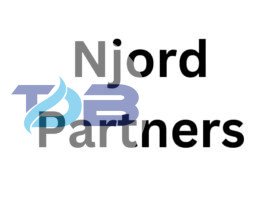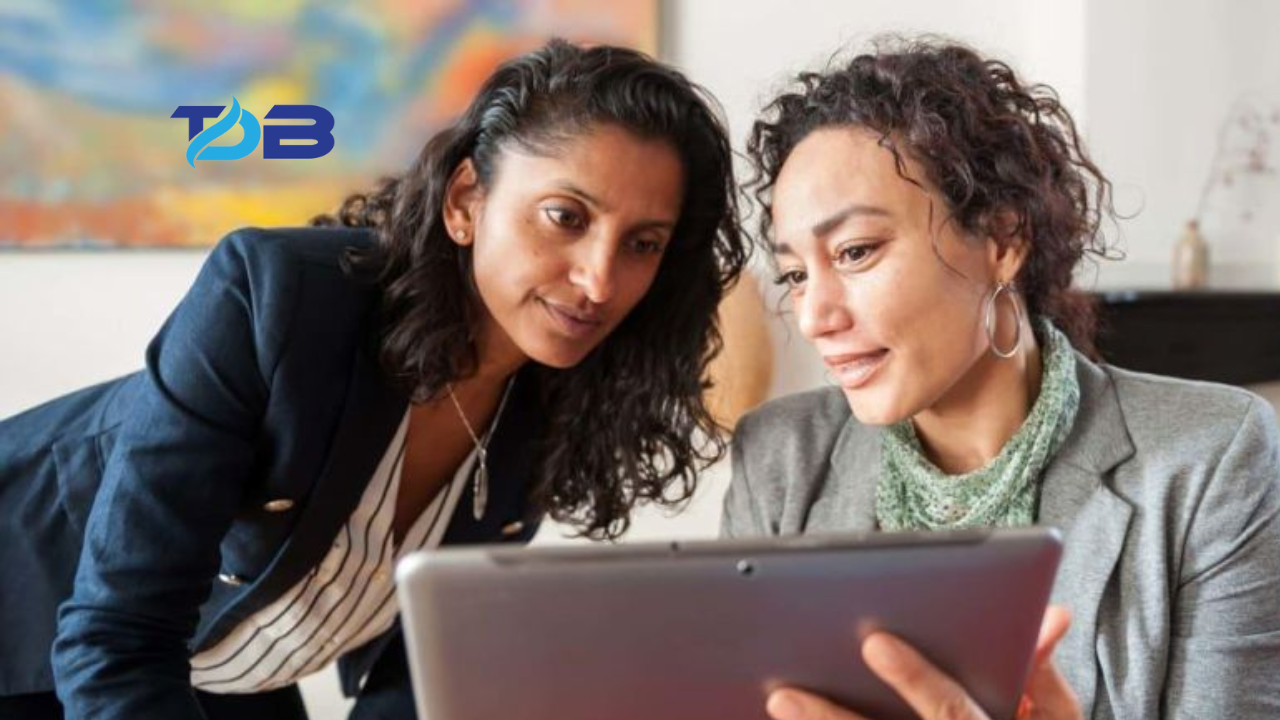Introduction:
The ability to sit back and observe is a skill that we often overlook in our fast-paced world. However, learning to be an observer can benefit our lives. This article will explore why it is essential to learn how to sit back and observe and give some tips and strategies for developing this skill.
Benefits of Observation:
There are several key benefits to learning to sit back and observe rather than always being engaged in every situation. Some of the main advantages include:
- You are gaining new perspectives. When you remove yourself from actively participating and instead watch from the sidelines, you open yourself up to seeing situations from different angles. This can provide insights you may not realize if you were immersed in what is happening.
- They are reducing stress and anxiety. Taking on the role of an observer rather than a participant means that you do not feel the same pressure to perform or achieve specific outcomes. This relaxed state of observation allows your stress levels to decrease.
- You are learning from others. Observing how other people handle various scenarios provides lessons you can apply to your own life. You gain understanding by watching what works and does not work for others.
- Increasing self-awareness. Removing your ego from a situation by sitting back and watching from a detached viewpoint promotes higher self-awareness. You can better analyze your behaviors and tendencies through objective observation.
- You are improving decision-making. Having the experience of being an observer before diving straight into action means you can make decisions in a calmer, less reactionary manner. You reduce mistakes by learning from what you watched unfold first.
Tips for Learning Observation Skills:
Now that we have explored some of the benefits of developing more vital observation abilities, here are some practical tips you can use to improve your powers of observation:

- Start small – Begin practicing observation in low-stakes situations to build confidence. For example, watch people in a park rather than high-pressure meet.
- Use your senses – Focus on observing with all senses, not just sight. Listen to tones/body language. Notice smells/textures, too.
- Take detailed notes – Jot down specifics of what you see/hear rather than general impressions. Note body positions, facial expressions, and word choices.
- Try different viewpoints – Observe from various angles physically if possible. Change your emotiviewpoint, too, by imagining others’ thoughts.
- Look for non-verbal cues – Watch for what is said without words through actions/gestures, giving hidden messages.
- Be patient – Resist analyzing right away. Sit with your observations for a while before concluding.
- Reflect regularly – Review your notes later and identify any patterns or lessons from each observation session.
Applying Observation Skills to Everyday Life:
Some key areas where honing your observation skills can provide benefits include:
Work-Life:
- Carefully observing work meetings can pinpoint communication styles and provide insights into workplace dynamics. This aids the navigation of office politics.
- Sitting in on coworkers’ presentations or client meetings as an observer is an excellent way to pick up new skills and tactics without distraction.

Personal Life:
- Regularly observing family interactions from the sidelines enhances understanding of relationship patterns and identifies opportunities for improvement.
- Watching your social groups objectively provides an important perspective for improving your social skills and avoids the projection of your assumptions onto others.
Self-Improvement:
- Sitting back and observing yourself complete routine tasks like cooking or exercising allows you to recognize inefficient habits and optimize your processes.
- Taking the role of a detached observer when stress arises or during conflicts allows you to respond in a calmer, more effective manner by controlling emotions.
In Closing:
If you make the time to develop this skill, learning to sit back and observe rather than always participate fully will serve you well and professionally. Start small and practice observation techniques regularly for different scenarios. Over time, you will reap the rewards of new perspectives, reduced stress, improved understanding, and enhanced decision-making through thoughtful observation.







































Leave a Reply